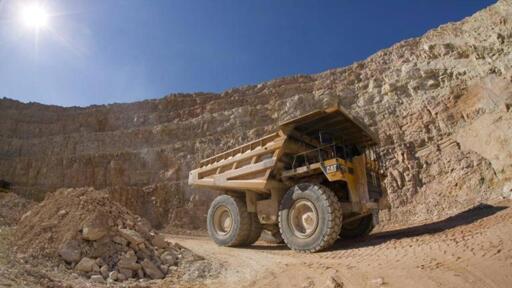Niger’s recent diplomatic shift away from France towards Russia has marked a turning point in the nation’s resource management strategy, particularly concerning its abundant uranium reserves.
Following the military coup in July 2023, which resulted in the removal of President Mohamed Bazoum, Niger’s military junta has been taking increasingly bold steps to redefine its international partnerships, especially in the critical mining sector. On 8 November, Mining Minister Ousmane Abarchi announced that Niger is actively seeking to attract Russian investment in uranium and other natural resources.
“With regards to French companies, the French government – via its head of state – has said it does not recognise the Niger authorities,” he said. “Does it seem possible in this case that we, the State of Niger, accept that French companies continue to exploit our natural resources?”
Tensions between France and Niger escalated after the junta’s decision to revoke Orano’s licence to operate at the Imouraren uranium mine in June of this year. This deposit is one of the largest in the world and has been a focal point of French investment over the years. Since its involvement began in the early 2000s, Orano has invested over €1 billion in developing the mine.
This comes as Niger signed an agreement with the Russian company Glavkosmos earlier this month to acquire advanced satellite technology.
The junta’s increasing reliance on Russia not only signifies a search for allies in a complicated political and security environment but also represents an outright rejection of France’s former influence in the region.
Seeking russian investment.
Like russia has anything to invest, lol!



